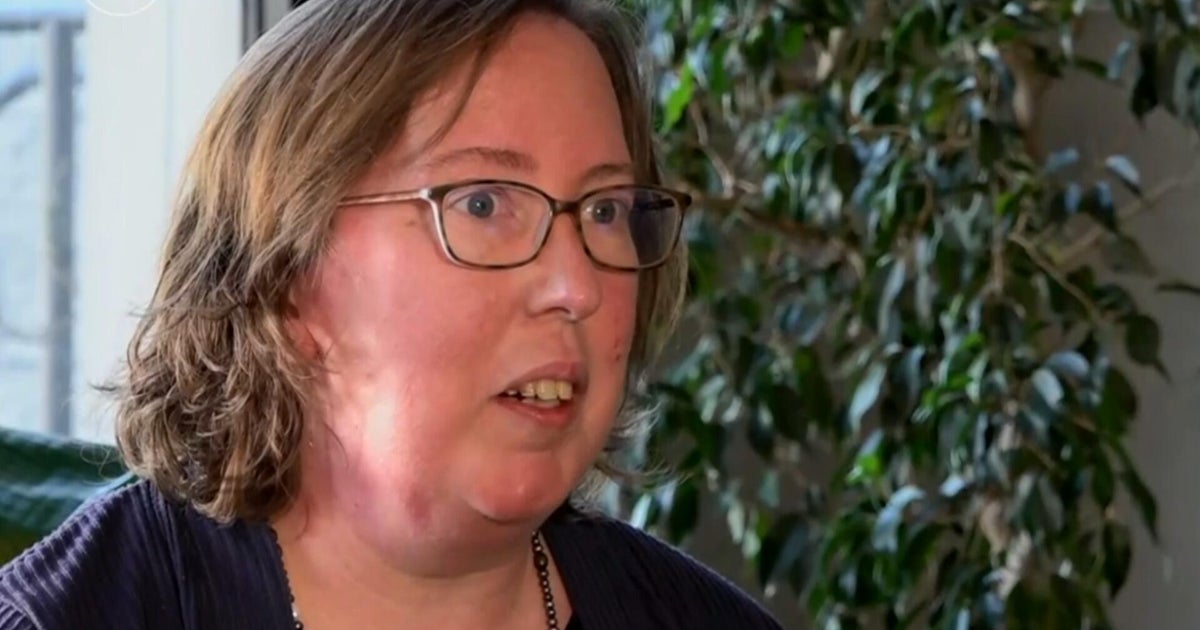Des Moines, Iowa — A deadlock has settled over Capitol Hill as both Republican and Democratic lawmakers remain divided on the issue of government funding. The impasse is particularly critical for millions of Americans reliant on health insurance subsidies from the Affordable Care Act (ACA), which are due to expire at the end of 2025. Democrats insist they will not compromise until these vital subsidies are extended, while Republicans are demanding that the government be reopened first, suggesting that discussions on the subsidies can follow.
For individuals like Lori Hunt, a resident of Des Moines, Iowa, this standoff is more than just a political issue—it’s a matter of life and health. Hunt has publicly expressed how pivotal these subsidies are to her well-being, stating, “I couldn’t afford” health insurance without the support she receives through the ACA.
In a somber tone, she remarked, “I’d have to cancel my insurance,” adding more lightheartedly that her fallback would consist of “thoughts and prayers.”
Hunt’s situation is particularly poignant; she is a breast cancer survivor who lost her job earlier this year and now faces the prospect of her ACA premium skyrocketing to approximately $700 per month—an amount that would surpass her mortgage payments. “It would be more than my mortgage payment,” she lamented.
These health insurance tax credits, established by the American Rescue Plan Act in 2021, have proven crucial. According to data from KFF Health News, the enrollment in ACA marketplace health insurance plans surged from 11 million in 2020 to over 24 million in 2025, primarily due to these subsidies.
The Congressional Budget Office has alarming projections, estimating that by 2035, around 3.8 million Americans may be unable to afford health insurance without these tax credits—with two million affected by as early as next year. KFF Health News reports that the average premium under the ACA could increase by approximately 114% without these crucial credits.
Sabrina Corlette, director of the Center for Health Insurance Reform at Georgetown University, emphasized the severe consequences of losing health insurance. She stated, “When people lose health insurance, it can mean significant financial debt. It also means that people are waiting to the last minute to get necessary care, often ending up in our emergency rooms.”
Corlette also indicated that insurance companies may raise prices to compensate for the growing number of uninsured. She noted that the effects will ripple across political lines: “The people affected will come from red states, they’ll come from blue states. The folks who will be hit the hardest are in about 10 red states that have not expanded the Medicaid program.”
Hunt has proactively reached out to her lawmakers, seeking assistance and expressing her desire for bipartisan cooperation. “Why can’t we just figure this out?” she asked, reflecting the desperation felt by many in similar situations.
Corlette further highlighted the significance of ACA marketplaces as a critical safety net, especially as more Americans transition to gig work or freelance positions. Advocacy groups warn that those enrolled in the ACA may soon receive notifications regarding potential increases in their premiums.
“It’s for entrepreneurs, it’s for freelancers. It’s for gig economy workers who are driving Ubers, or are doing Taskrabbit. So these are folks who are contributing to our economy,” Corlette stated, summing up the importance of the ACA subsidies for many individuals trying to navigate a changing job landscape.
As the standoff in Congress continues, both policymakers and citizens like Hunt stand at a precarious juncture, underscoring the vital need for a resolution that will ensure access to affordable healthcare for millions of Americans.






